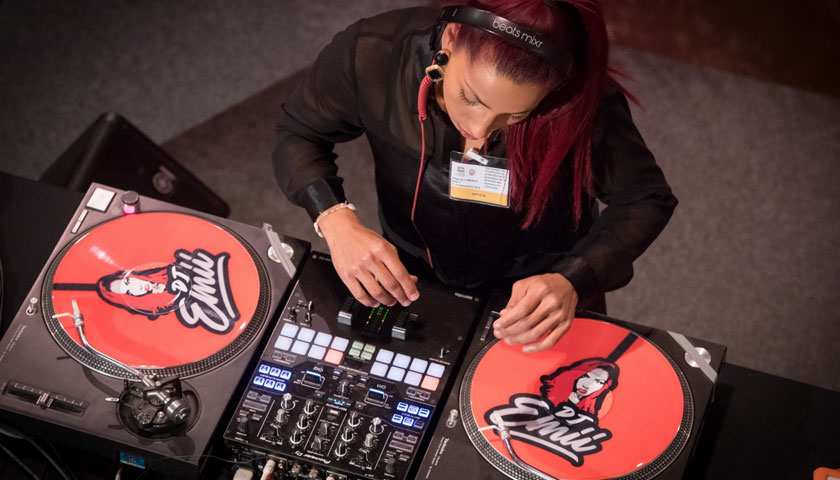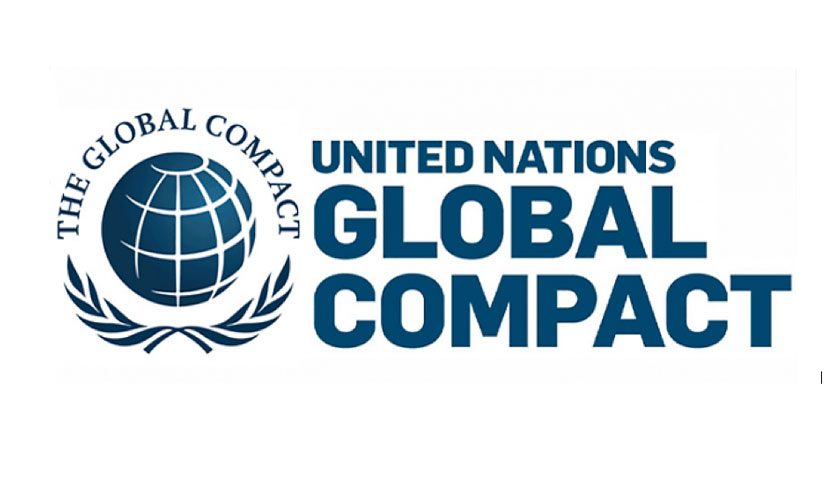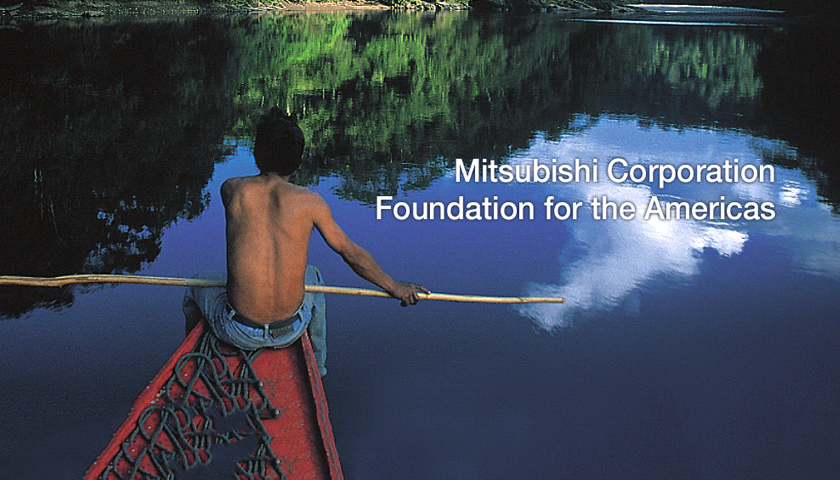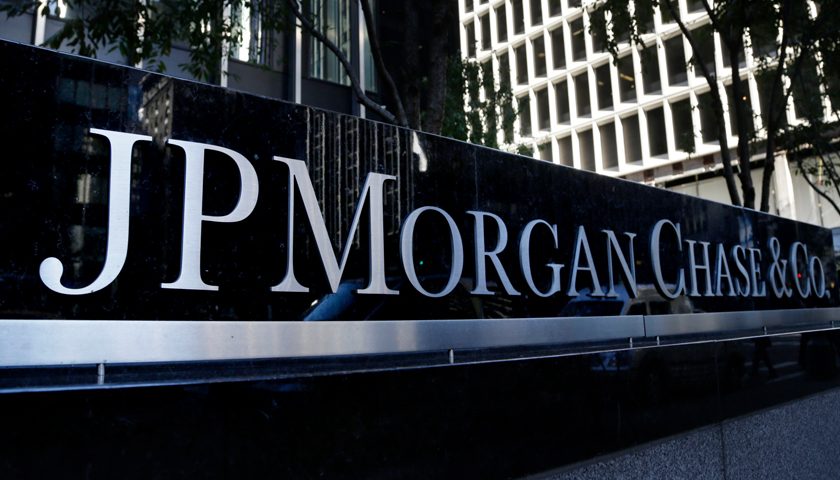Create|2030, a new series of Talks to explore how investments in creativity can have a direct impact on achieving the UN 2030 Agenda for Sustainable Development, took place at UNESCO’s Headquarters from 11 to 14 December in the framework of the 12th session of the Intergovernmental Committee for the Convention on the Protection and Promotion of the Diversity of Cultural Expressions (2005).
Addressing main challenges of our time from Women in the Digital Arts, Artificial Intelligence, Artistic Freedom, and Civil Society as Actors of Change, the Talks featured government officials, artists, cultural professionals and policy makers from around the world who identified future policy and action for the cultural and creative industries.
“The 2005 Convention sets a global agenda for innovation and creativity. It sets principles and rights to guide policies for sustainable development. Together, we can meet the challenges facing creators today and building strong, independent and dynamic creative sectors all over the world”, said UNESCO Assistant Director-General for Culture Ernesto Ottone R.
The debate on artificial intelligence, and how it will affect the future of the creative sector, raised challenges of copyright, creative jobs and artist remuneration. The uncharted and evolving environment of automated creativity – of machines and algorithms producing paintings, music and stories – and the entry of such products into the marketplace, led participants to highlight the need for new regulatory frameworks.
“We need to take ownership of our creations. We must decide what we want to read, listen to and watch. I believe UNESCO has an important role to play in ensuring that the issues of diversity of contents, ethics and freedom of expression remain at the heart of artificial intelligence,” said UNESCO Goodwill Ambassador Jean-Michel Jarre.
Respect for human rights and fundamental freedoms of expression in the creative sector were also debated. Threats to artists, censorship, including self-censorship, and resulting negative impact on creation, expression and livelihood, were brought to light with specific examples.
Participants called for specific measures to strengthen the economic and social conditions and the mobility of artists, especially female artists, and ensure their artistic freedom. “Being a women artist adds a secondary layer of restriction and censorship compared to male artists. We have to ensure that the space for dialogue remains and is increased through artistic expression,” stated Deeyah Khan, UNESCO Goodwill Ambassador for artistic freedom and creativity.
The empowerment of women in the digital arts was another priority for the Create|2030 Talks. Four young women from Mexico, Palestine, Senegal and Tajikistan, whose projects were selected for funding under the UNESCO-Sabrina Ho initiative, drove home a strong message to provide young women with skills development and entrepreneurial opportunities in creative digital industries.
A pioneering roadmap was adopted by the Committee to chart the implementation of policies and measures supporting the creative industries in the digital environment, and a new UNESCO-European Union partnership programme, aimed at supporting regulatory environments for the cultural and creative industries in developing countries that are Parties to the Convention, was launched.
The Committee also approved eight projects for the International Fund for Cultural Diversity (IFCD). A feature of the 2005 Convention, this Fund was established to support the emergence of dynamic creative sectors and has provided over US$ 7 million in funding to 105 projects in 57 developing countries.
All the debates resonated with the need for cultural policy makers to support investments in new contemporary creative areas. This, as well as the importance of consultation with civil society stakeholders in the formation of such policies, are strong components of the 2005 Convention.
The Convention, ratified to date by 146 Parties and the European Union, provides a framework for the adoption of policies and measures that support the emergence of dynamic cultural and creative industries.



